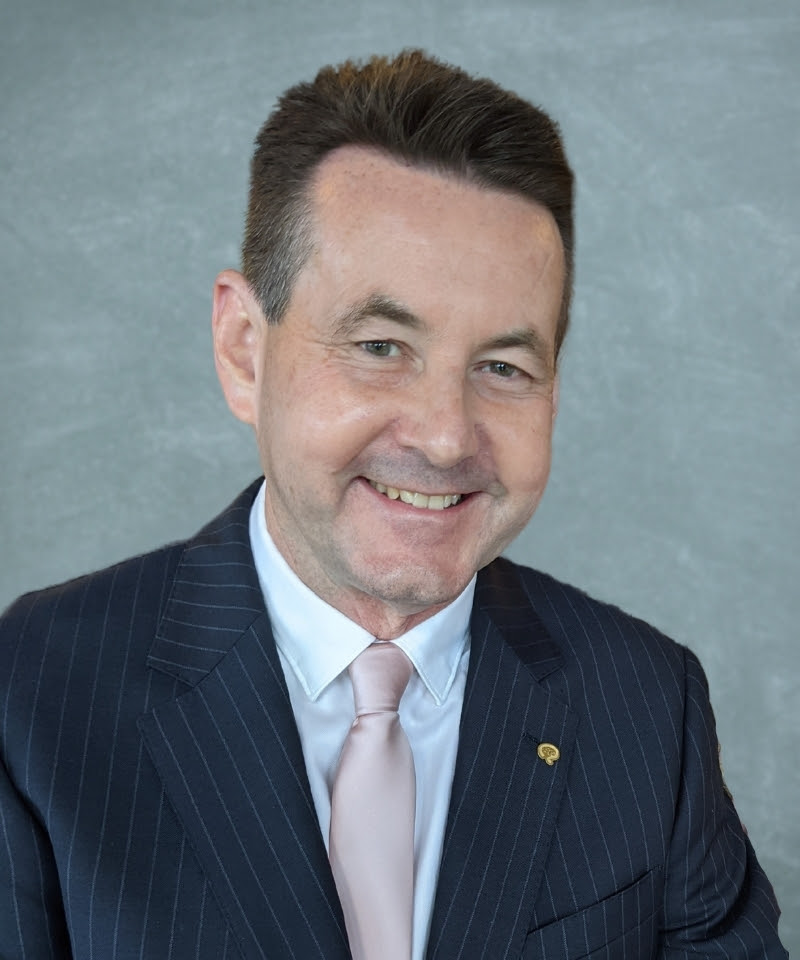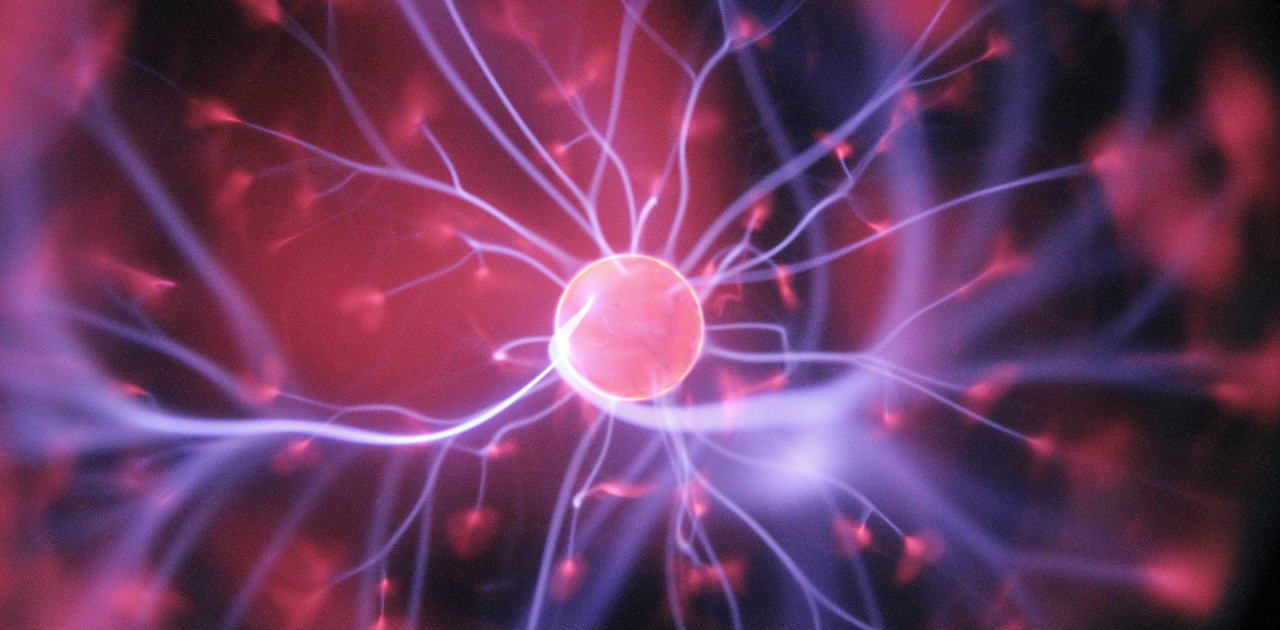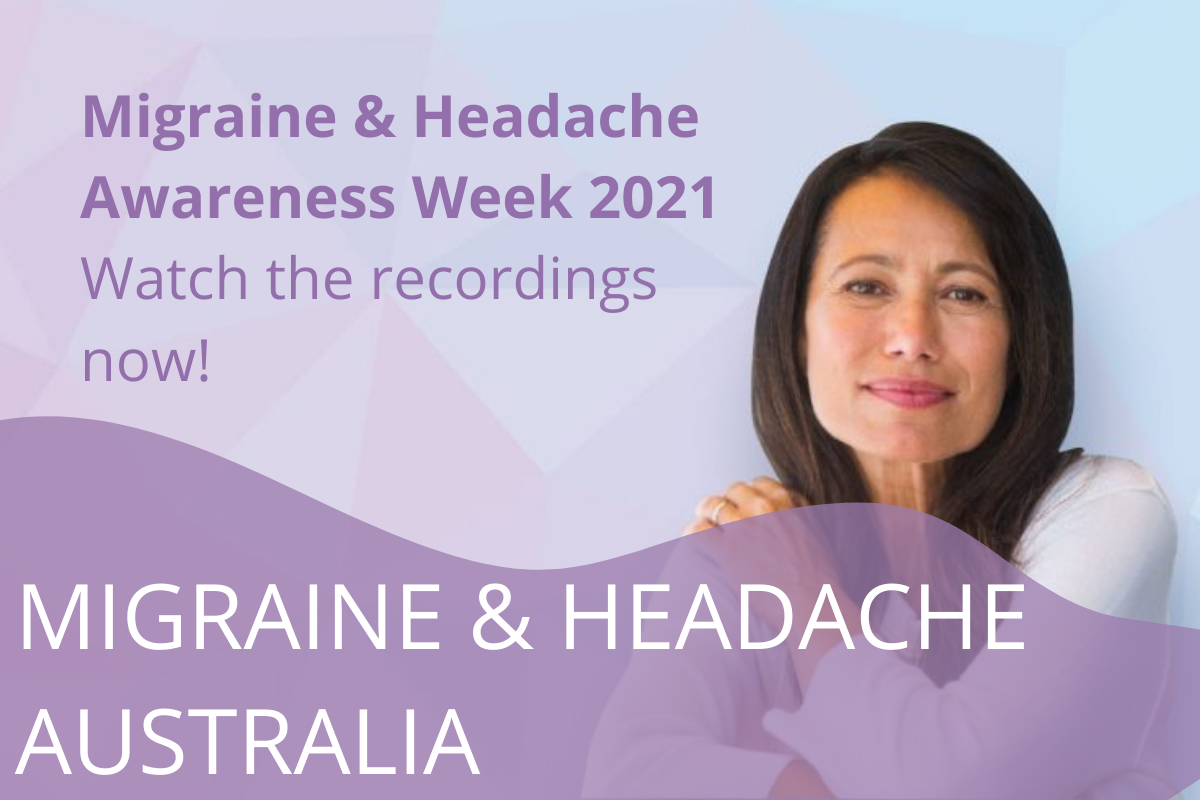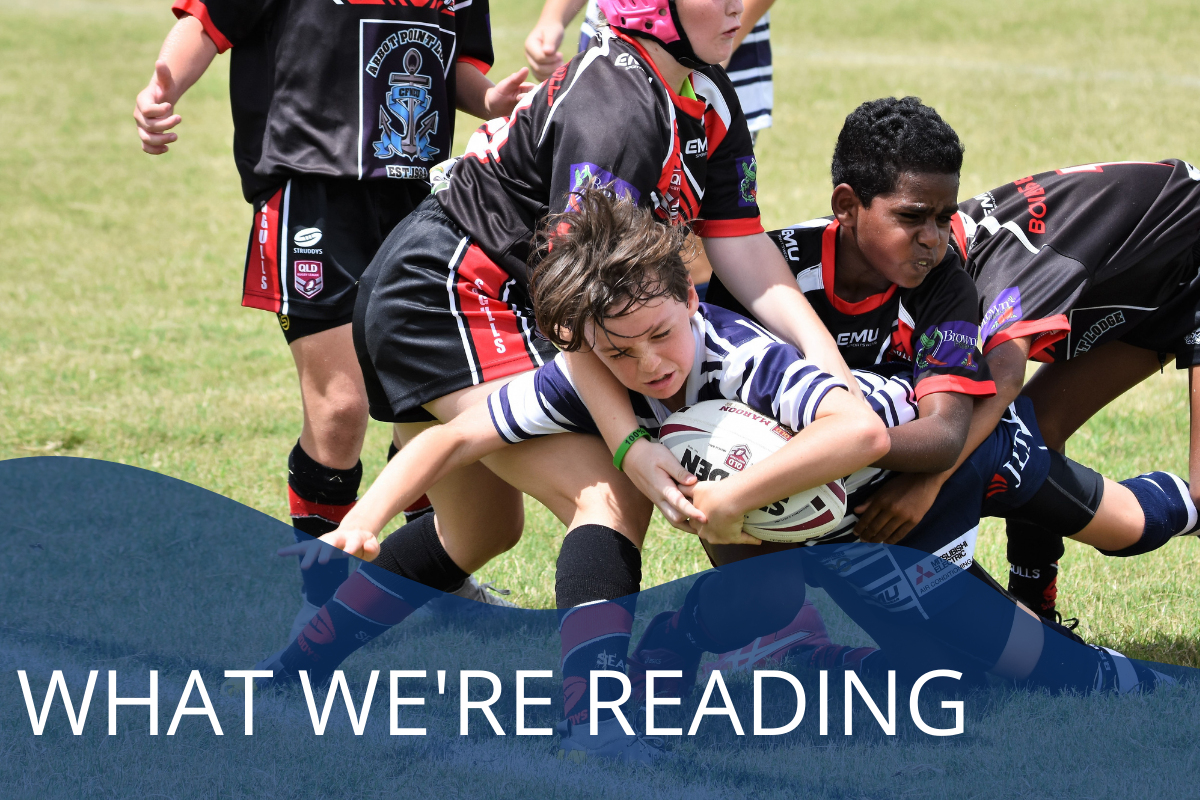03 Nov October e-Newsletter 2021
The Brain Foundation newsletters are a great way to stay up to date on all of our latest news, including:
- Recent medical news & research updates
- Fundraiser updates from our community
- Updates from our division, Migraine & Headache Australia
- Plus upcoming events & dates
We release our main BrainWaves newsletter biannually, with a summer and winter edition. To keep you in the loop between these issues, we send out a shorter email every two months, which are also uploaded to our News & Articles archive. If you aren’t signed up yet, you can sign up through the form on our newsletters page.
I am absolutely thrilled to report our medical research grants, which were cancelled last year because of the impact of COVID-19 on our donations, fund-raising activities and other income streams, have been reactivated and the awardees have already been announced for 2021. All winners will be showcased on our website and in the next issue of our hardcopy newsletter due out in December.
If you donated or helped raise funds in any way over the past 12 months for the Brain Foundation or its division; Migraine & Headache Australia, these are the researchers who are putting your dollars to work to find better treatments and cures.
Your donation, no matter how small, is greatly appreciated and will help so many. To donate, visit our website, phone or write to us. Thank you.
– Trevor Thompson, CEO

Everything you need to know about brain donation
More than 1 in 10 Australians are registered organ donors, but did you know you can donate your brain for research? Brain donation programs are an essential part of research, but they are facing a number of threats in Australia. Even before COVID-19, these programs were struggling to secure funding, and not many people know that they exist. We spoke to Greg Sutherland and Ali Sweeney from the NSW Brain Tissue Resource Centre to explain everything you need to know about brain donation: how it works, what has been achieved, and how we can support these programs to enable future research. Read the full article on our website >
Improving home care for dementia through music and reading
Home care is often recommended for people living with dementia as it provides a familiar and safe environment, but it can be challenging for families to provide adequate support. New research has found that targeted music and reading activities can help. This could transform the experience of home care by empowering both people living with dementia and their carers, through strategies that improve behavioural and psychological symptoms, cognitive function, and quality of life. Read more on the University of Melbourne website.
Tamworth Christmas Fair, November 21st
After a difficult couple of years, we are so excited to welcome back the Tamworth Christmas Fair. This wonderful event hosts dozens of stallholders selling local products, with music and food available throughout the day. We are so thankful to the organisers who have been supporting us for many years. For our readers who might be planning weekends away, add Tamworth to your list! The event will be on November 21st at the Tamworth Racecourse, and you can find more information on their Facebook page.
Migraine & Headache Awareness Week: Thank you!
Thank you to everyone who attended Migraine & Headache Awareness Week this year! Over 4,300 people attended the live webinars from September 20-24, and it was great to see all your questions and feedback. The presentations featured leading neurologists & headache experts discussing migraine triggers, COVID-19 and headache, new treatments, and more. We would like to thank the experts, panellists, hosts, and sponsors that made this week such a success. If you missed the event, you can view the recordings online now. You can also subscribe to the private email list, so you will be the first to know about next year’s event.
What we’re reading
Government funding for concussion: Concussion is often in the news, linked to contact sports. In a move that will ensure the future of people playing sport at any level, the government has announced that they will fund research to prevent concussion and brain injuries. Read the full statement here.
Experts collaborating to treat brain cancer: Professor Kate Drummond (member of the Brain Foundation scientific committee) is part of a multidisciplinary team who have been developing cutting-edge therapies for brain tumours. The personalised treatments are designed to be more precise, with fewer side effects. Read more here.
 Events & dates:
Events & dates:
- Charcot-Marie-Tooth Disease Awareness Month, October
- Read more about Charcot-Marie-Tooth Disease here
- Epilepsy Awareness Month, November
- Tamworth Fair, November 21
d








 The Brain Foundation is the largest, independent funder of brain and spinal injury research in Australia. We believe research is the pathway to recovery.
The Brain Foundation is the largest, independent funder of brain and spinal injury research in Australia. We believe research is the pathway to recovery.